Charcot foot describes a foot deformity in which the foot takes on an abnormal foot shape that is often flattened and even rocker-bottom, following the collapse of the joints in the feet.
Charcot foot is caused by the weakening of the bones and joints in people that have significant damage to their nerves, known as neuropathy. Neuropathy is a common complication of diabetes, though can also be caused by other conditions such as alcoholism. As the bones weaken, they are vulnerable to fracturing and dislocating. Because neuropathy impacts a person’s ability to feel and detect pain, they may continue to walk and cause subsequent fractures and damage. Because no impact trauma (like a fall or a hit) has occurred, they won’t realise that the risk of a fracture is present. Ultimately, this leads to the collapse of the joints in the feet. A bone fracture, break, or sprain that is not effectively managed can also create the right conditions that trigger a chain of events that lead to Charcot foot.
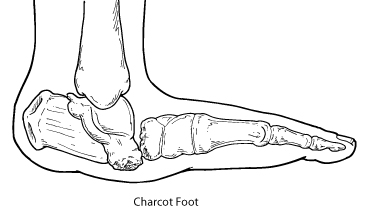
Symptoms begin at the foot and ankle and may include:
As fractures and dislocations occur and set in an abnormal position, structural foot deformities can be seen.
Because the effects of Charcot foot can be limb-threatening, effective management must be undertaken. Each case is assessed independently and takes into consideration the extent of the changes, your risk and current symptoms. Treatment may include:
Because the new foot shape can place high pressure at various areas of the foot, it can create complications such as ulcers which are then vulnerable to infection, so the management plan will focus on reducing this risk. High-impact activities that put the feet at risk of further injury will also need to be re-evaluated, especially if only one foot has been affected and there is a significant risk for the other foot to be affected too. Your GP and podiatrist will work together to provide the best outcomes for your feet and address all of your individual needs. In some cases, surgery may be indicated.
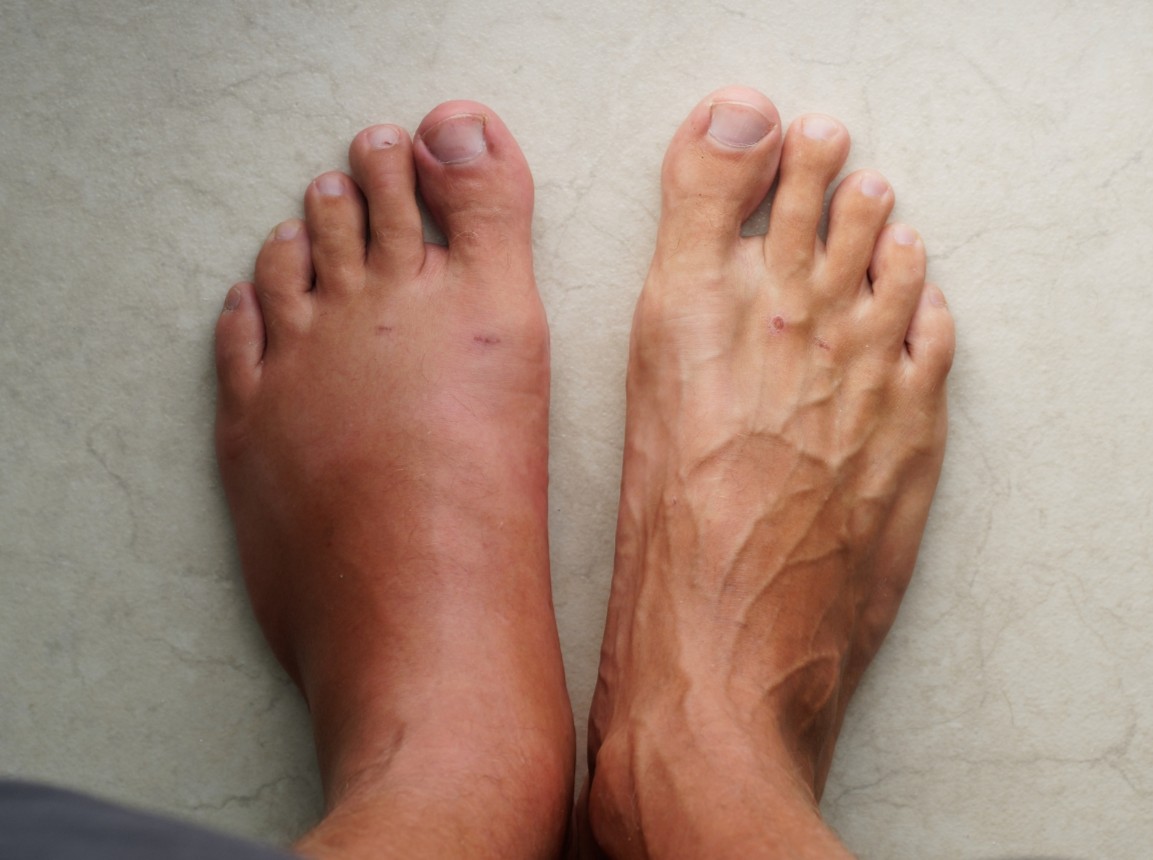
We’ve all had those days — you come home after hours on your feet, kick off your shoes, and notice your ankles look puffier than usual.
Swelling in the feet, ankles, or legs (known medically as edema) isn’t always a reason to panic. It can be as simple as a
salty lunch or a long flight.
But what if it’s happening more often — or seems to be getting worse? Swelling can sometimes be a sign of something more serious. Here’s
what could be going on and when to check in with your doctor.
.jpg)
Every year on October 8th, the world celebrates International Podiatry Day - a day dedicated to
raising awareness about foot health and the vital role that podiatrists play in our overall well-being.
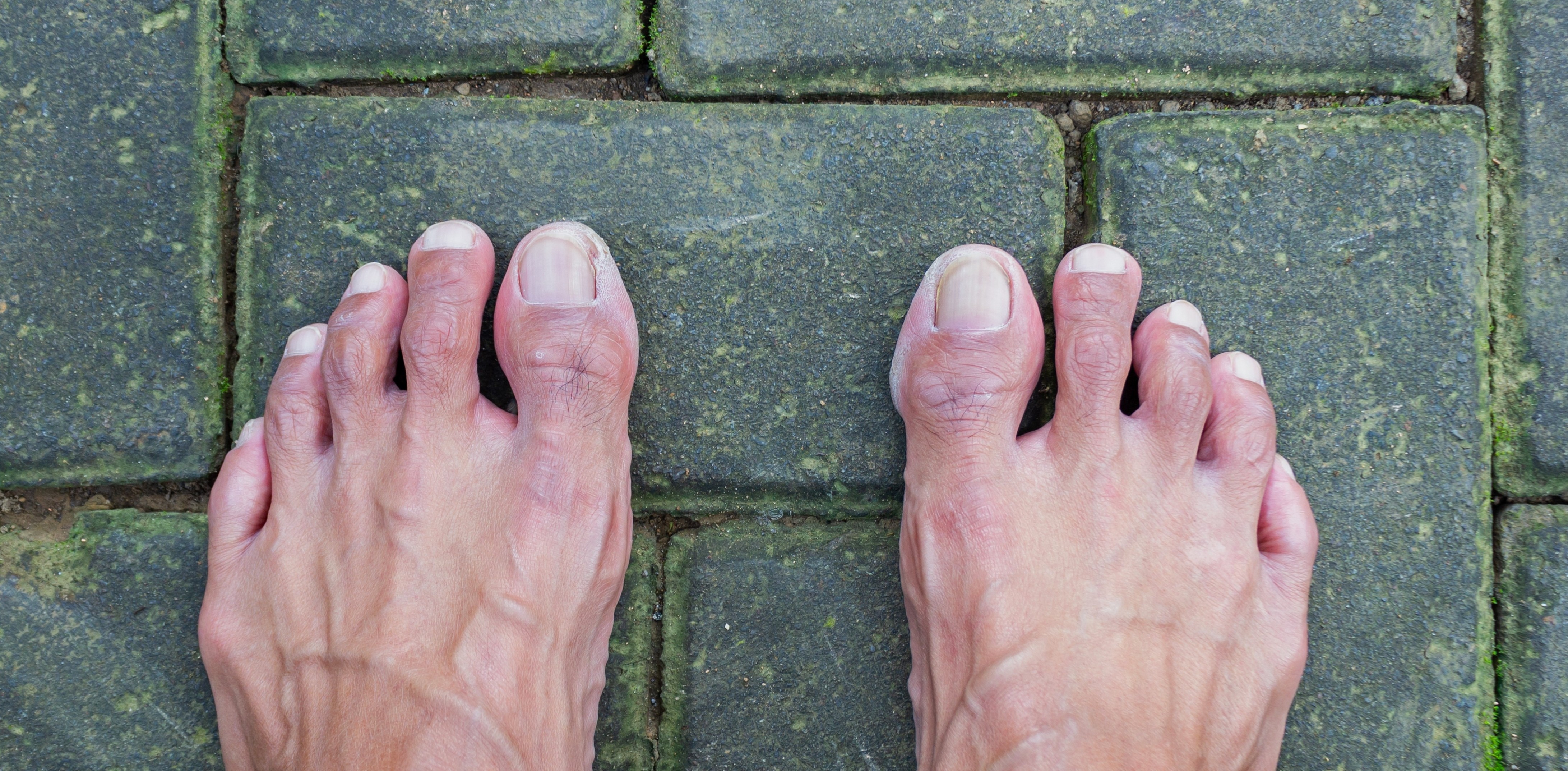
There’s been a lot of buzz about going barefoot. Some say it helps strengthen feet and improves performance, while others warn it can do more harm than good. The truth? It depends on the person, the surface, and how it’s done.
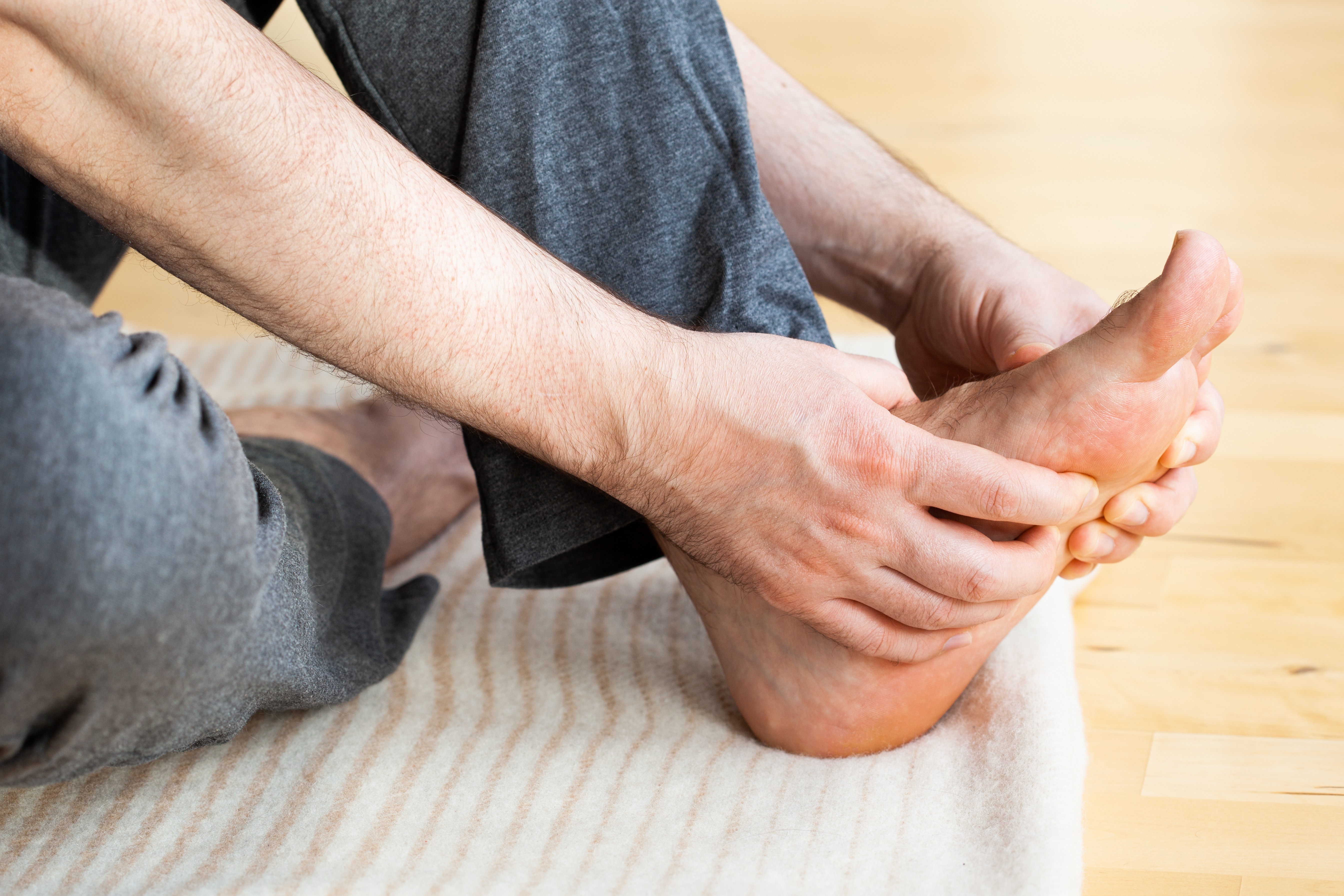
At Perform Podiatry, we specialise in conservative, evidence-based treatments that are safe, effective, and suitable for patients of all ages. One of the most successful options we offer is high-strength salicylic acid therapy.
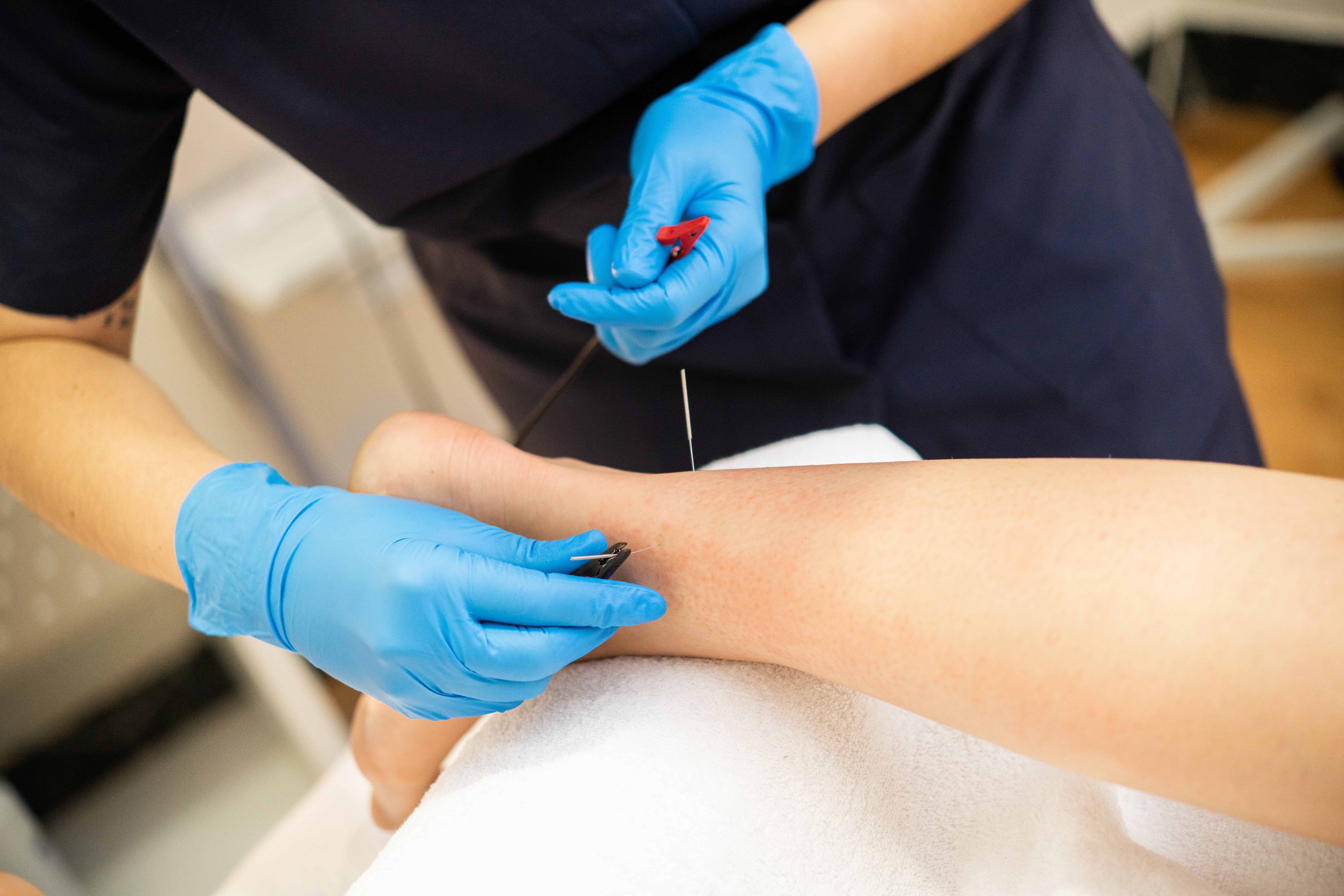
When most people think of podiatry, they picture orthotics, skin/nail care, or sports injury treatment. But podiatry isn’t just about what’s
happening mechanically in your feet, it’s also about supporting the body’s natural healing processes.
One treatment that’s gaining popularity in podiatric care is acupuncture — a technique with ancient roots and modern
scientific backing.
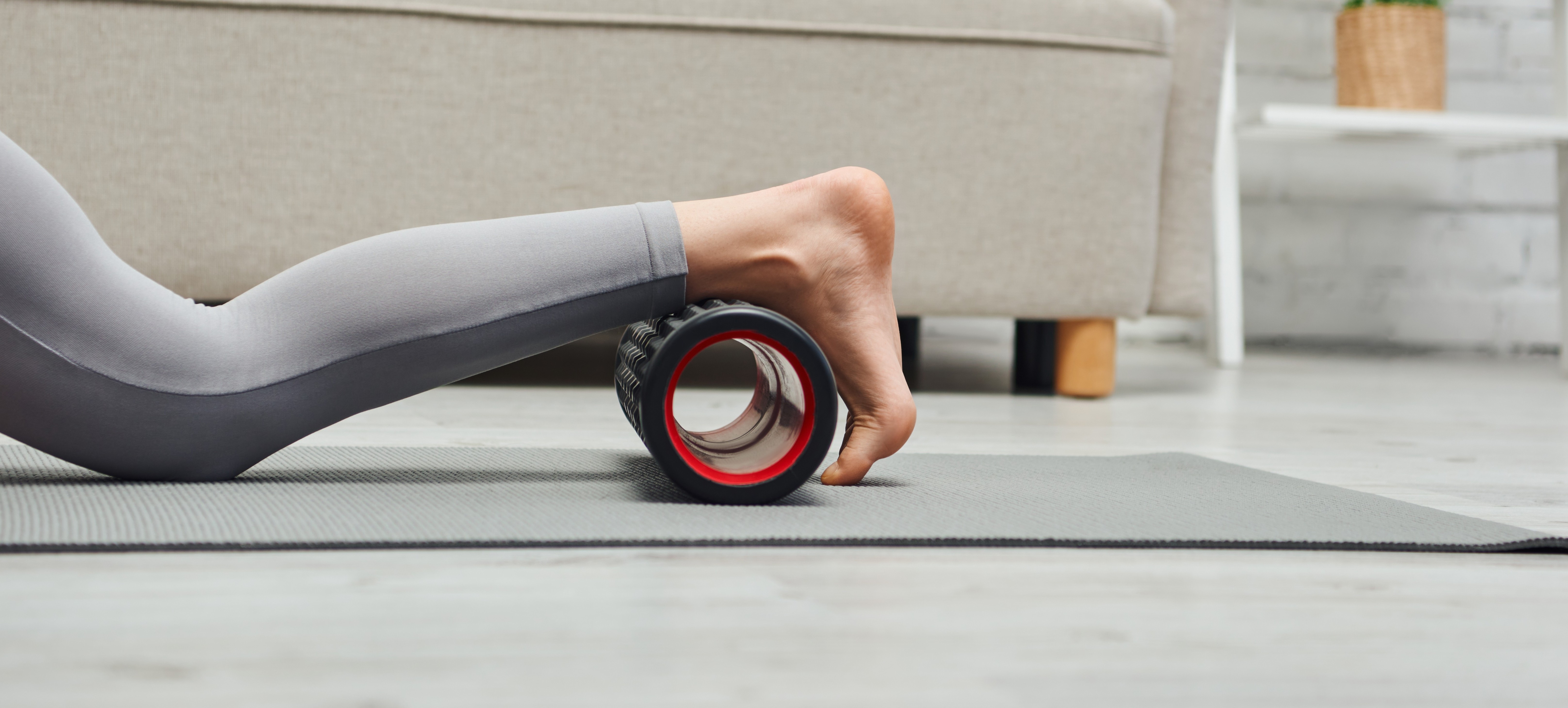
Even a few minutes of foam rolling per day can make a significant difference in your lower limb health. Focus on the calves, hamstrings, IT
band, and plantar fascia. Combine with stretching and strengthening for best results.
Read this blog to find out more about the benefits of Foam rolling.
Keeping your family on their feet and helping them to walk, run, play and exceed their goals is why we love getting up in the morning.
Ground Floor, One Health Building
122 Remuera Rd, Remuera
Auckland 1050, New Zealand
| MON - FRI | 7:30am – 6:30pm |
| SAT | 8:30am – 4:30pm |
| SUN | Some availability |
Make an Appointment
Online Schedule
Our virtual receptionist is available 24/7 to help with general questions, booking requests, and clinic information, even when our team is busy, or it's after hours.
Whether you're calling us or using our website, you'll get fast assistance any time of day. And if your query needs a personal touch, a member of our team will follow up as soon as possible.
If you’d like to see a podiatrist who speaks your preferred language, just give us a call and we’ll help you book.